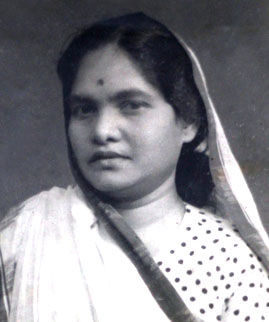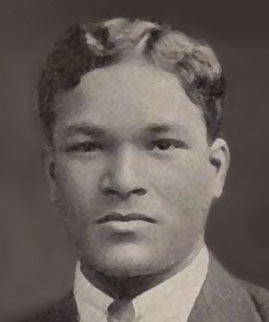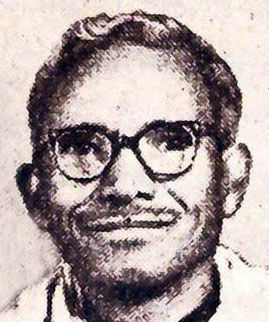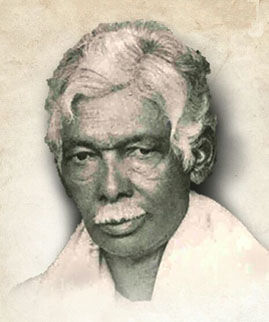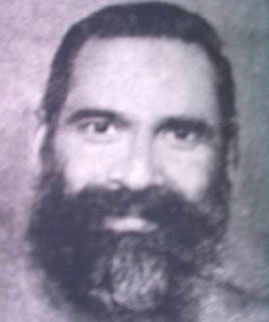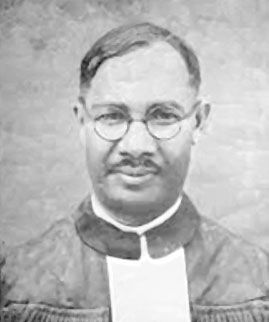
Joel Lakra
Joel Lakra is the first intellectual tribal leader of the 20th century who raised the question of tribal rights socially and politically in the 1930s. He reorganized the Chotanagpur Unnati Samaj (Chotanagpur Improvement Society) formed in 1920 and provided the form of a movement. In front of the Simon Commission, he had demanded tribal autonomy with very brightness. His intellectuals, political awareness and organizational initiatives have taken the form of Adivasi Mahasabha later.
